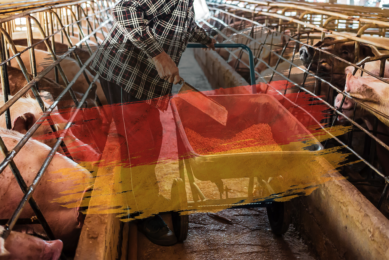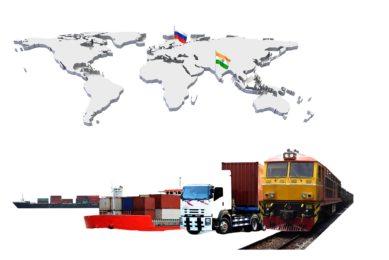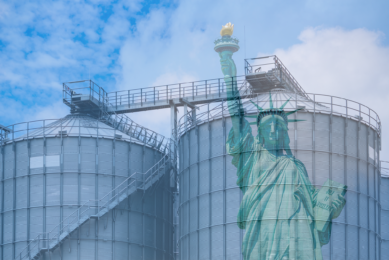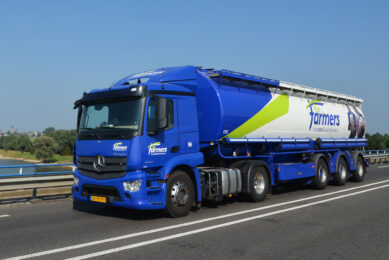Scientists will save the world
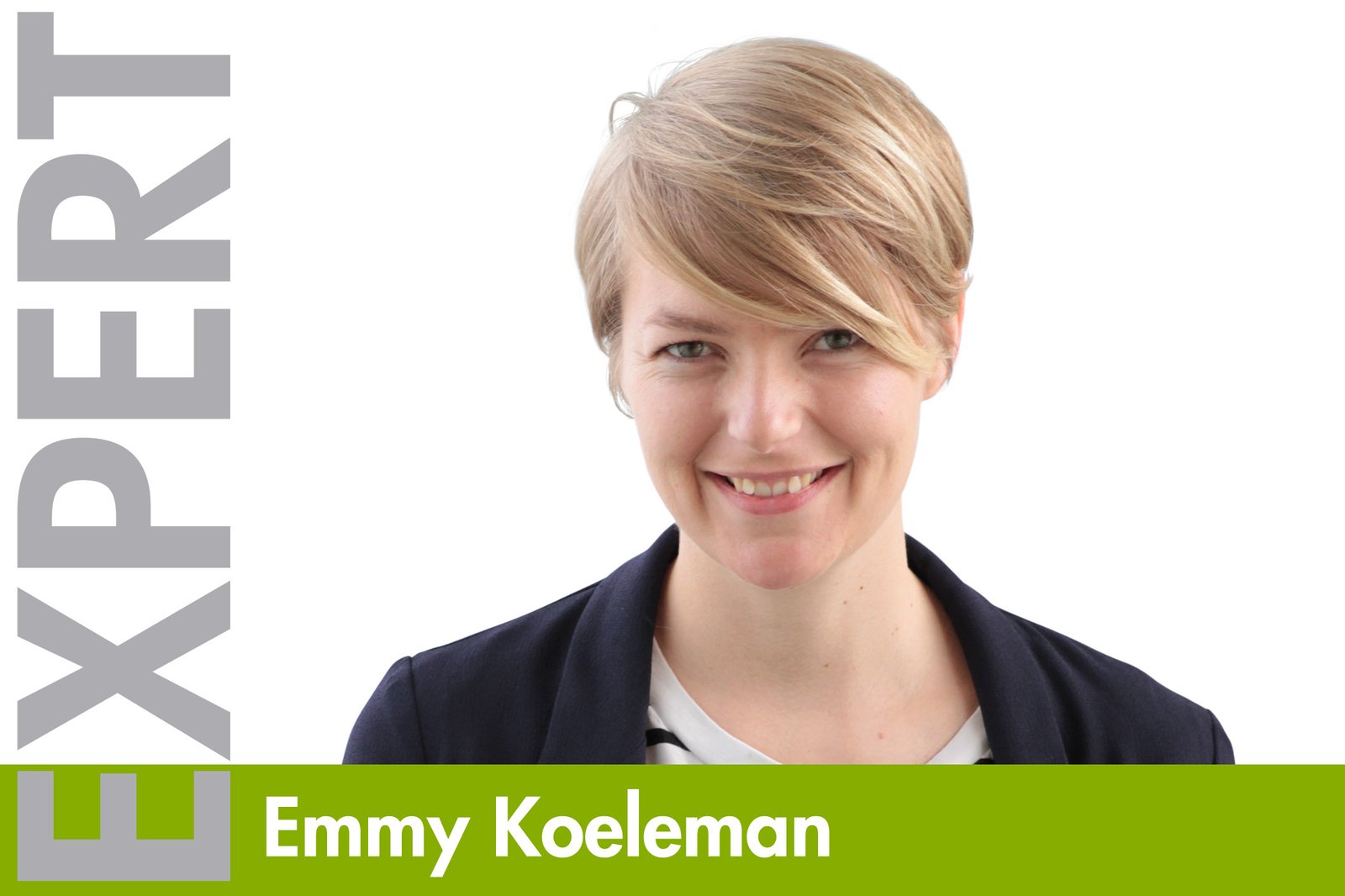
A Dutch scientist, often appearing in daily television shows to make the difficult science topics understandable for the general public, hit the nail on the head the other day.
He said that the challenges we face in this world are all life science related topics, and this is why science is getting more ‘liked’ and ‘popular’ by non-scientists and the general public. Look at the number of scientific consumer magazines that are sold in bookshops: Scientific American, New Scientist, Quest, Popular Science, National Geographic. They are all selling like hot cakes!
For the first time I could define a clear answer to all people asking why I have chosen to study animal sciences? A lot of people couldn’t understand at the time (1996). “Is it that you like animals and are you going to work in a zoo?”. Why not choose communication, law or business economics? For me, all these subjects always sounded a bit vague and non-interesting and boring. And working in a zoo was not my ambition. How could they even think that?
I wanted to work in a sector that matters, dealing with securing food supply through sustainable animal production. As a journalist, I hope to make a difference in sharing information and new research to make the daily work of food and feed people a little easier. And indeed, when the scientist (Diederik Jekel) recently explained on television why science is so important, I totally got the point. Life science educated people are the ones we need! The world we live in today faces so many challenges and most of them are related to life science topics he said. Food, climate change, land use and energy, just to name a few. These are major topics and it seems that these topics have now become more accepted and even popular. The times that these topics are only studied by alternative people are over. The challenge is to produce more food and energy with less pollution in the most efficient way and with the best circumstances for the animal and farmer. That requires people that are right in the middle of society.
People in the animal feed business have a crucial part in all of these four challenges. Obviously, food production (animal products) starts with animal feed. But also regarding climate change, energy and land use, the feed sector has an important role to play. And all these challenges are interconnected. Inefficient feeding, results in a higher carbon footprint (greenhouse gas emission) for cattle for example. A badly formulated diet for pigs, results in losses of nutrients in the manure, and hence environment.
But when you use less land to produce feed, the system becomes more efficient and can therefore reduce the environmental pressure. Animal diets that are more digestible result in the use of less feed to produce the same amount (or more) animal protein. Genomic tools help to find the most efficient and resistant crops and animals, feed additives assist in getting more out of the raw materials and many more strategies are or have been implemented over the last few years that make the whole feed to meat chain a sustainable one for the future.
I would love to hear your thoughts on how the feed sector can help in combating these future challenges even more. I am sure most of our readers have a life science degree as well.




